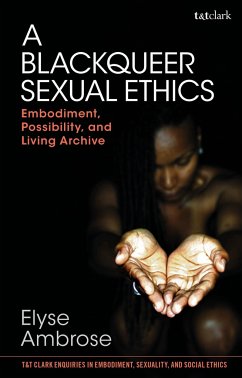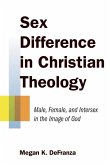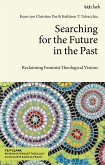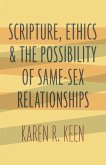Elyse Ambrose looks to black queer persons as sources for moral and ethical reflection. This approach counters the disintegrating norms of traditionalism in Christian sexual ethics, even those that strive to be liberative. Disintegration refers to the internal fragmentation that occurs as persons who do not reflect prescribed gender and sexual religious norms are forced to compartmentalize their sexuality, repress their desire, and practice relational patterns that may be more reflective of culture and social standards than of God's justice love-based desire for humanity. This book builds upon a tradition of black queer critique at the intersections of race, sexuality, gender and religion through black queer (sexual and gender non-conformist) communities--blues environs, rent parties, and the Hamilton Lodge Ball-- in 1920s Harlem; gay, lesbian, and queer theological and ethical voices; and contemporary oral histories of those doing ethics as black queer selves. These serve as sites of moral inquiry that signal ethical counter-patterns of integration for all: communal belonging, individual and collective becoming, goodness, inspirited flesh/enfleshed spirit, and shared thriving. This book challenges norms that have long disintegrated persons from themselves, God, and their communities. Emphases on both personal and social right-relatedness mark a shift from Christian sexual ethics based on rules, toward a communal relations-based transreligious ethics.
Hinweis: Dieser Artikel kann nur an eine deutsche Lieferadresse ausgeliefert werden.
Hinweis: Dieser Artikel kann nur an eine deutsche Lieferadresse ausgeliefert werden.








